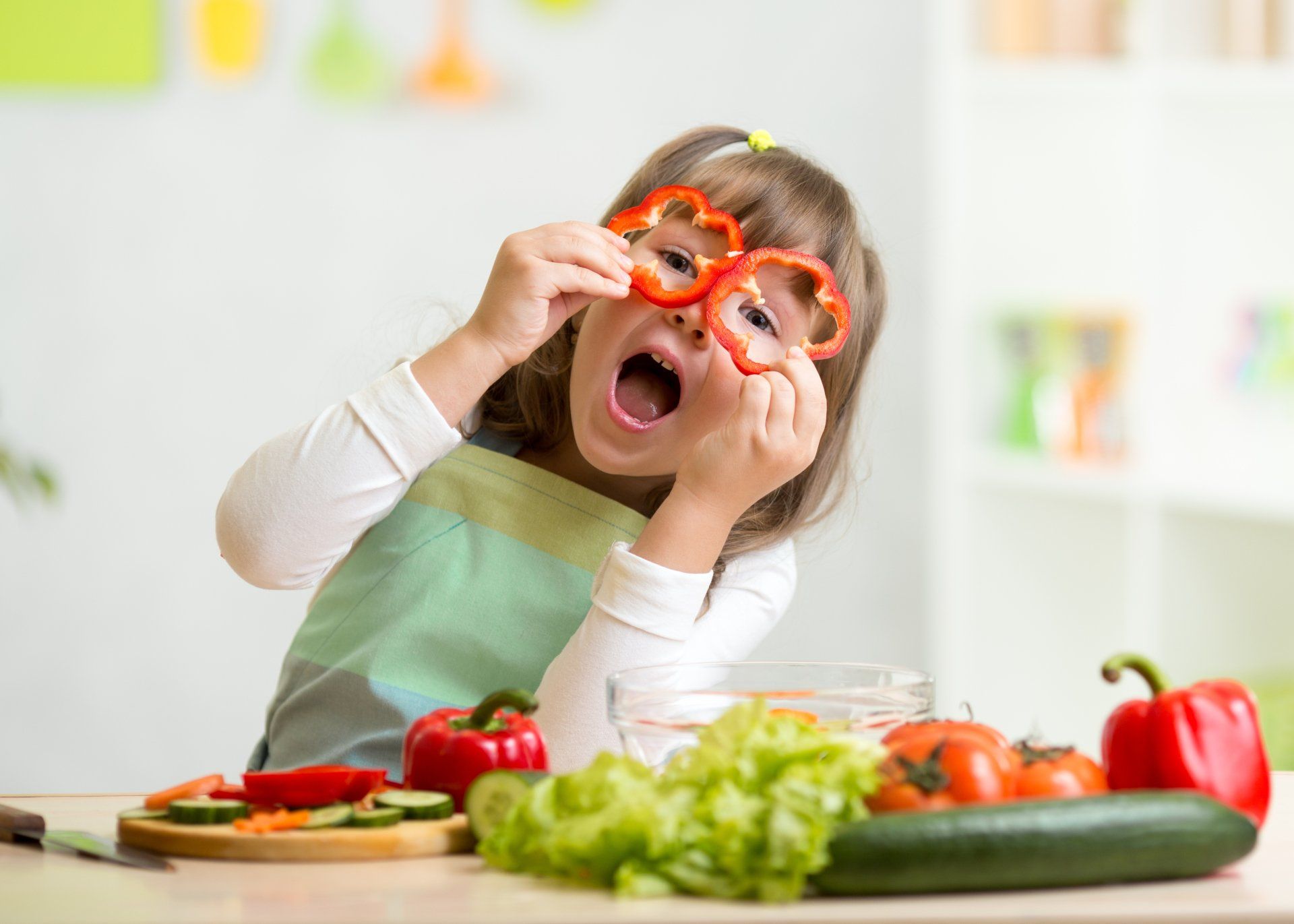1MG FlippingBooks
New $4m project to get kids eating 19,000 tonnes more veg annually
According to CSIRO, 95 per cent of Australian children aren’t eating enough vegetables. ‘VegKit’, a new national research initiative funded by Hort Innovation , aims to increase the daily vegetable intake of Australian children by half a serving per day.
The five-year program is a collaboration between CSIRO, Flinders University and Nutrition Australia supported by $4 million in R&D funding by Hort Innovation and aims to determine the influences behind children’s exposure to and acceptance of vegetables.
The project will also deliver a free toolkit for educators, health professionals and researchers that includes information on dietary guidelines and evidence of flavour exposure and food preference. The idea is to establish a national framework promoting the importance of vegetable consumption in improving the health of Australian children.
“The VegKit project will bring together a number of research and educational resources with the ultimate aim of increasing a child’s vegetable intake by more than half a serving per day,” says Hort Innovation General Manager for Research, Marketing and Investment, David Moore.
If every child aged between two and six increased their daily vegetable consumption by half a serving or more, that would equate to 19,000 tonnes of increased demand for fresh vegetables every year – delivering a return on R&D investment for vegetable growers.
“Unfortunately, it’s not as simple as putting more vegetables on the plate,” says CSIRO Project Lead Dr David Cox. “This project is about getting children to enjoy vegetables, using knowledge about the development of taste preferences, and then using this information to find practical ways of addressing the problem.”

















